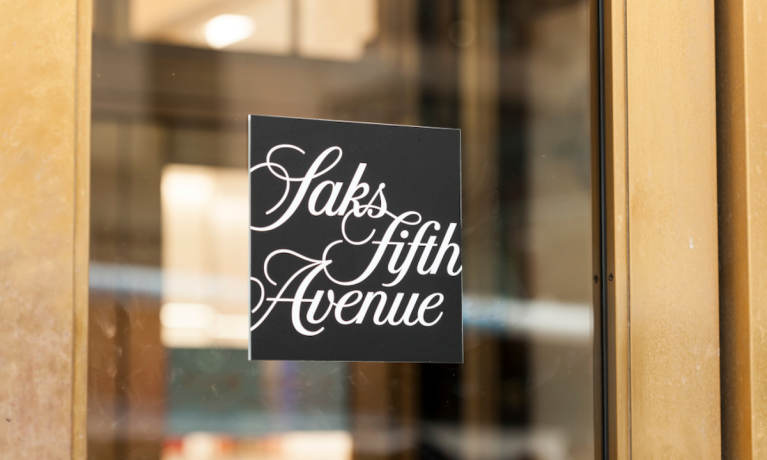Saks eCommerce Chief: Amazon Can Boost Success of Neiman Merger

When Saks Fifth Avenue and Neiman Marcus merge, Amazon’s tech will help them thrive.
That’s according to Marc Metrick, CEO of Saks’ online operations, speaking to Bloomberg News Thursday (July 4). This was one day after Saks announced it was purchasing its rival — which also owns Bergdorf Goodman — with Amazon and Salesforce both taking minority stakes.
“How do you future-proof a brand like Saks or Neimans or Bergdorf? You do that through technology,” said Metrick, who will become CEO of the new operation, called Saks Global.
Per Bloomberg, this future proofing includes compiling high-quality customer data, analyzing it to provide them with more personalized offers, and bolstering logistics to streamline shopping.
“That’s what these companies can help us do,” Metrick said, declining to share the value of the two tech firms’ stakes.
As PYMNTS wrote in April, the type of personalization Metrick refers to here is becoming “table stakes for retailers.”
The PYMNTS Intelligence/AWS report “Personalized Offers Are Powerful — But Too Often Off-Base” found that 71% of shoppers received personalized offers and are interested in them. In addition, another 12% did not receive personalized offers, but showed interest.
The report also found that 41% of millennials were highly likely to switch to merchants that sent them personalized offers, while 34% of Generation Z consumers said the same.
“Yet many of merchants’ efforts in the space are missing the mark,” PYMNTS wrote. “Only 44% of consumers who received tailored offers said the offers were very relevant to their needs. As such, it seems that many brands and retailers are failing to really get to know their customers.”
The $2.6 billion Saks/Neiman Marcus deal was first reported Wednesday, with the merger creating a company projected to have yearly sales of around $10 billion. This followed reports from last year that Neiman had rejected a $3 billion takeover bid from Saks.
The merger could help both companies overcome the challenges of the luxury retail industry, in part by letting them negotiate better terms with suppliers and eliminate duplicate costs.
As noted here in February, high-end department store chains like Saks and Neiman Marcus have been experiencing new challenges as luxury brands seek ways to forge direct relationships with their customers.
“As these brands deepen their direct relationships with consumers, businesses that have always profited from being the intermediaries are facing challenges,” PYMNTS wrote earlier this week.
For all PYMNTS retail coverage, subscribe to the daily Retail Newsletter.